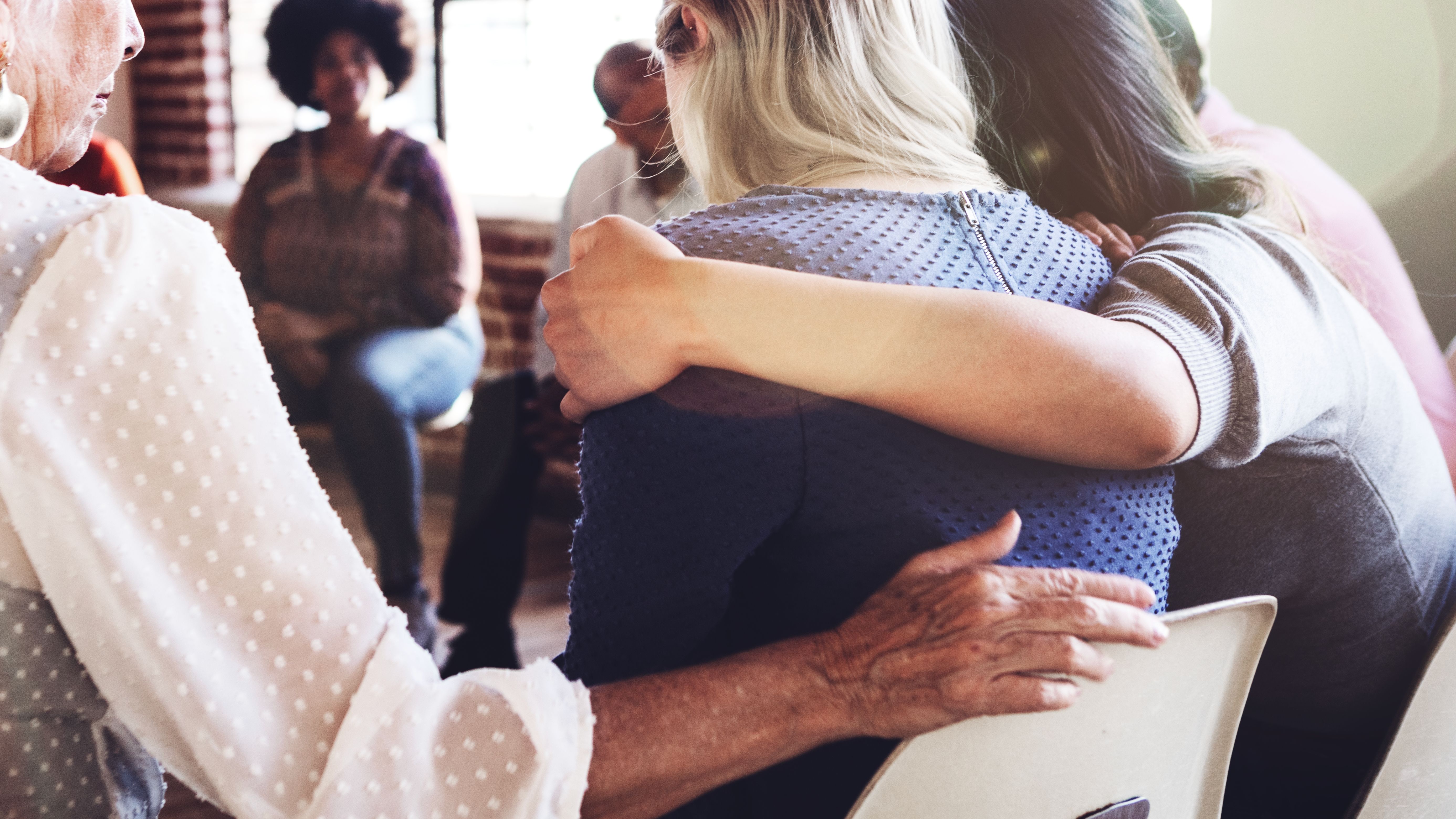Understanding Social Anxiety: CBT Solutions and Supportive Communities
AB
Understanding Social Anxiety
Social anxiety is a common mental health challenge affecting millions worldwide. It involves an intense fear of being judged or scrutinized by others in social situations. This fear can lead to avoidance of social interactions, impacting personal and professional life. Recognizing the symptoms and seeking appropriate solutions is crucial for overcoming this condition.
Individuals with social anxiety often experience symptoms such as excessive sweating, trembling, rapid heartbeat, and even panic attacks when faced with social scenarios. These physical reactions can make everyday activities, like attending a meeting or social gathering, overwhelmingly daunting.

Cognitive Behavioral Therapy (CBT) Solutions
Cognitive Behavioral Therapy (CBT) is a widely recognized and effective treatment for social anxiety. CBT focuses on identifying and challenging negative thought patterns and beliefs that contribute to anxiety. By altering these thoughts, individuals can develop healthier coping mechanisms.
CBT typically involves a structured program with a mental health professional, where patients learn to recognize anxiety triggers and gradually expose themselves to feared social situations in a controlled manner. Over time, this practice helps reduce anxiety levels and builds confidence.

The Role of Supportive Communities
In addition to professional therapy, joining supportive communities can significantly aid in managing social anxiety. These communities provide a safe space to share experiences, offer encouragement, and foster a sense of belonging. Connecting with others who face similar challenges can be incredibly empowering.
Whether through online forums or local support groups, these communities offer various benefits:
- Sharing personal stories and coping strategies
- Receiving emotional support and validation
- Participating in group activities to practice social skills
Engaging with others who understand the struggles of social anxiety can help alleviate feelings of isolation and promote healing.

Practical Tips for Managing Social Anxiety
Incorporating practical strategies into daily life can also help manage social anxiety. Here are some effective tips:
- Mindfulness Practices: Techniques such as meditation and deep breathing can help calm the mind and reduce anxiety symptoms.
- Gradual Exposure: Start by facing less intimidating social situations before tackling more challenging ones.
- Positive Self-talk: Replacing negative thoughts with positive affirmations can improve self-esteem and diminish anxiety.
These approaches can complement professional therapy and community support, leading to more holistic recovery.
The Importance of Seeking Help
It's essential for individuals experiencing social anxiety to seek help when needed. Left unaddressed, social anxiety can lead to further complications, such as depression or substance abuse. Consulting with a mental health professional is a vital step towards recovery.
Many resources are available for those seeking assistance. From therapy options to support groups, finding the right mix of solutions tailored to individual needs can make a significant difference in overcoming social anxiety.

Understanding and addressing social anxiety is a journey that requires patience, resilience, and support. By exploring therapies like CBT, engaging with supportive communities, and implementing practical strategies, individuals can work towards a more fulfilling and socially connected life. Remember, reaching out for help is a strength, not a weakness.